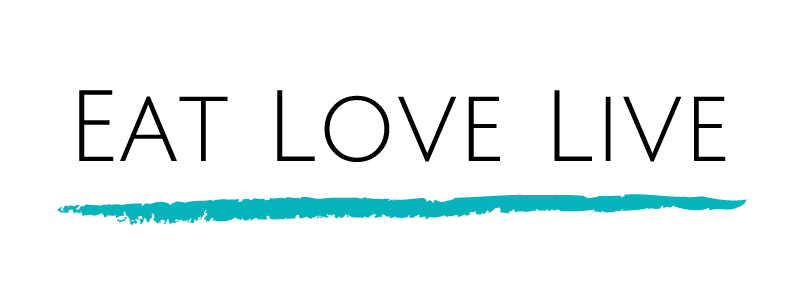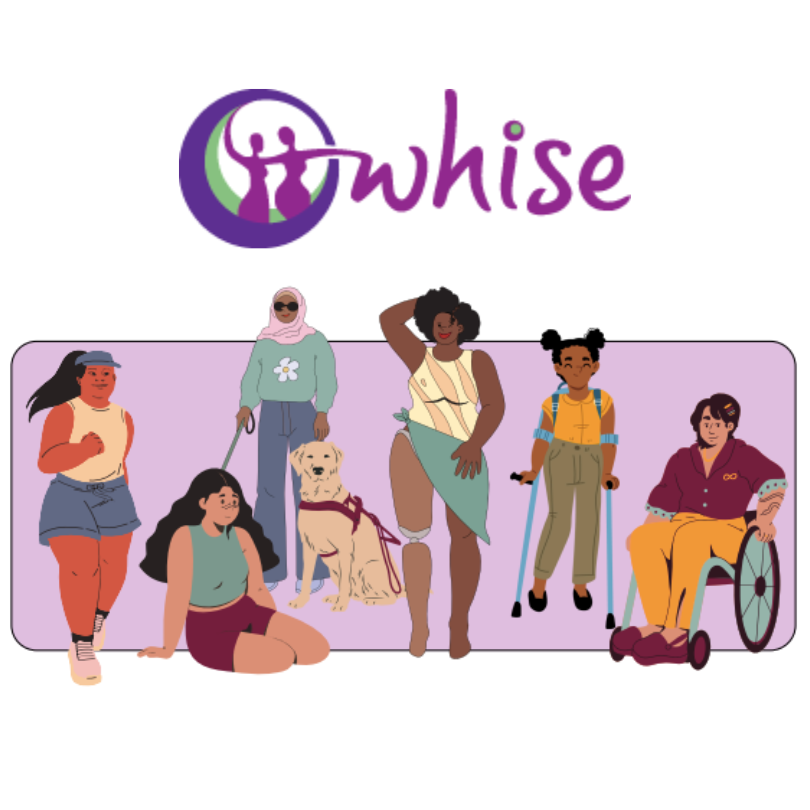"There has always been an intense amount of pressure as a woman to act and behave a certain way and I struggled with that my whole life, but adding the marginalised groups that I fit into being queer, a minority, and someone with a disability it made the pressures of life and society’s expectations seem completely out of reach for me."
I was humbled to be asked to support Women's Health in the South East (WHISE) in launching the completed My Body, My Voice Project on the 29th October 2024. Congratulations to Natalie Opasinis and Dr Kate Bush on the passionate hard work generating this important framework for change.
My Body, My Voice was created to fill the gaps of how body dissatisfaction severely impacts women with disabilities; who are excluded from this topical conversation and associated research. The report amplify the voices of women with disabilities and other marginalised identities.
The project aimed to address the systemic oppression and unique body image challenges faced by these women, advocating for a more inclusive and intersectional approach in the health sector.
The report shares the poignant lived experience voice and from their generous reflections generates clear recommendations that are a road map for health professionals at all levels of care to consider how they can better support consumers with disabilities. It is a important tool encouraging reflection on our own internalised bias and a call to action to do better.
"The initial shock , suddenly relying on having to use a wheelchair after an entire lifetime of complete physical fitness and energy, caused my weight to increase a lot, which unfortunately society ingrains into us so much it’s a bad thing, even if the circumstance wasn’t even my fault!"
Key Themes Identified:
"[Healthcare professionals] have made me feel dismissed, invalidated, institutionalised, and objectified... I can see that I have been gaslighted, directly or indirectly, into believing that I am the problem. That I’m out of line when I question matters about my own body, because it doesn’t fit with what they have and haven’t learned, and because I’m lower in the social hierarchy. This has made me feel even more disconnected with my body, exhausted, disempowered, and unworthy of the level of care I need."
Key Recommendations for the health care system (here):
Recommendation 1. Listen, believe, and respect women with disabilities
Recommendation 2. Education and training
Recommendation 3. Foster open, respectful, and inclusive communication
Recommendation 4. Adopt patient-centred care
Recommendation 5. Promote increased diversity and representation
Recommendation 6. Shift focus away from physical appearance and weight
Recommendation 7. Apply an intersectional lens in care delivery
Recommendation 8. Improve access to comprehensive support services
Recommendation 9. Implement a comprehensive consent-based approach
Recommendation 10. Tailored support and best-practice guidelines for women with disabilities and co-morbid eating disorders
Recommendation 11. Strengthen early intervention strategies for women with disabilities
Recommendations for Primary Prevention/Early Intervention of Body Dissatisfaction Among Women with Disabilities (here):
Recommendation 1. Fund positive body image programs in schools and community settings
Recommendation 2. Train healthcare professionals on early prevention and risk factors
Recommendation 3. Engage families and caregivers in primary prevention efforts
Recommendation 4. Advocate for disability-inclusive campaigns in media and public health initiatives
Recommendation 5. Integrate screening for body dissatisfaction in antenatal and postnatal health assessments
Recommendation 6. Adopt a feminist disability framework in body image and eating disorder initiatives
Recommendation 7. Foster intersectional collaboration across sectors
Recommendation 8. Prioritise self-compassion and embodiment over body-centric messaging
Recommendation 9. Increase government funding for community-based programs for women with disabilities

